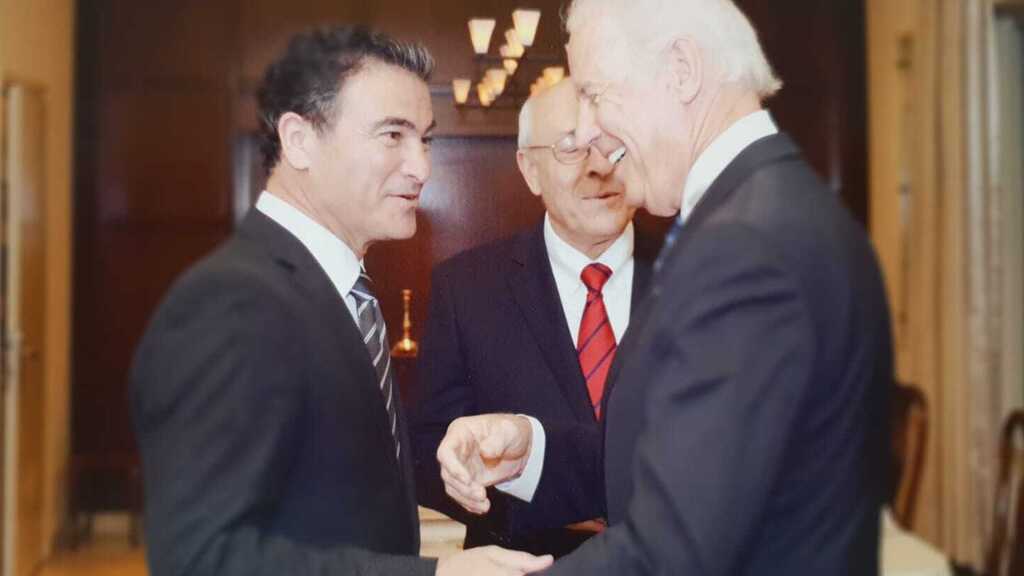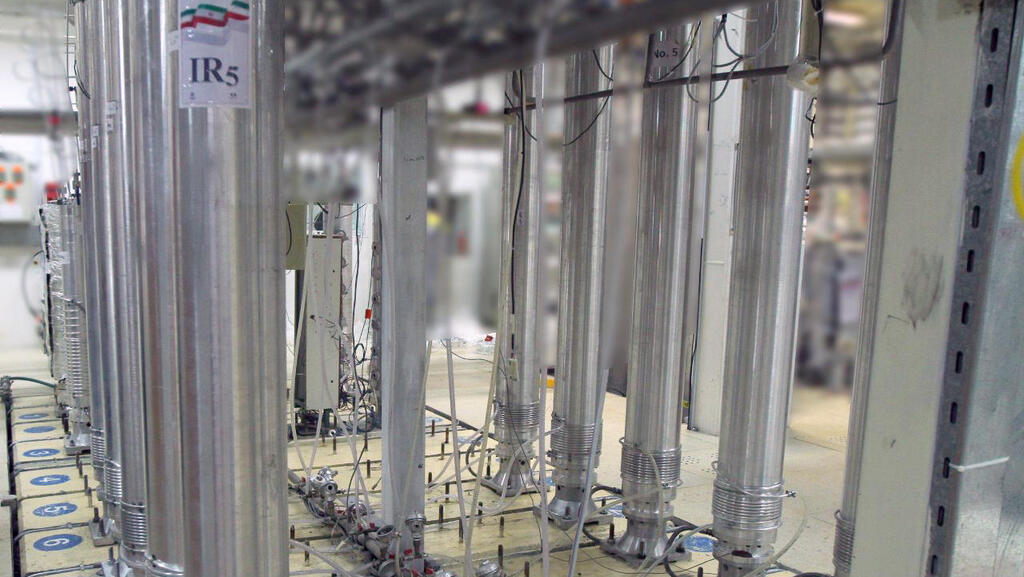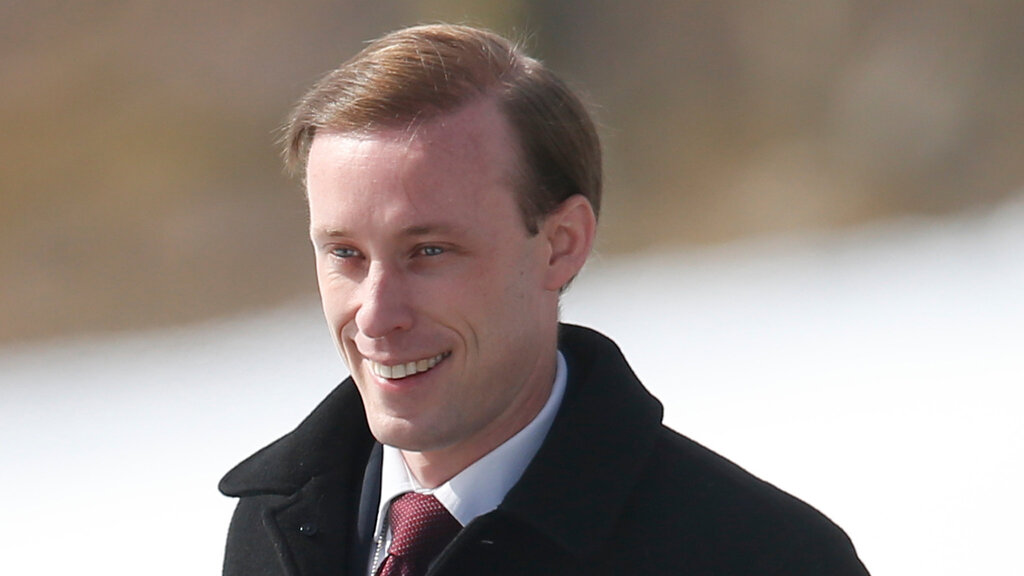Getting your Trinity Audio player ready...
U.S. President Joe Biden met on Friday with the head of the Mossad intelligence agency in the White House amid potential progress in the talks with Iran, meant to revive the 2015 nuclear deal.
Mossad Director Yossi Cohen now becomes the first high-ranking Israeli official to have met with Biden since his inauguration back in January.
3 View gallery


Mossad Chief Yossi Cohen with then president elect Joe Biden in Washington in January 2021
Sources said Biden walked in on a meeting between Cohen and senior national security officials to discuss the dangers to Israel and the Middle East, posed by Iran as well as Israeli concerns about U.S. possible return to the nuclear deal. The meeting between the two is said to have been initiated by Biden.
During his visit to Washington, Cohen also met with U.S. Secretary of State Antony Blinken and senior members of the CIA and other American intelligence agencies.
Cohen's meeting with the president came in the wake of reports that progress has been made in the Vienna talks between world powers and the Islamic Republic on a return to full compliance with the deal and Iranian demands to lift economic sanctions imposed by former President Donald Trump after he withdrew from the agreement in 2018.
Israel and some Sunni Muslim countries in the Gulf criticized the 2015 agreement, claiming it would enable Iran to rebuild its economy, resulting in further acts of terrorism and aggressions in the region and beyond.
Iran has recently increased the level of uranium enrichment to 60%, just short of the 90% needed to make a nuclear bomb.
Iran’s chief nuclear negotiator said on Saturday that Tehran expects U.S. sanctions on oil, banks and most individuals and institutions to be lifted based on agreements so far made in Vienna talks, Iranian media reported. Washington, however, again played down the prospect of an imminent breakthrough.
“Sanctions ... on Iran’s energy sector, which include oil and gas, or those on the automotive industry, financial, banking and port sanctions, all should be lifted based on agreements reached so far,” Deputy Foreign Minister Abbas Araqchi was quoted as saying by Iranian state media.
“We’ve seen willingness of all sides, including the Iranians, to talk seriously about sanctions relief restrictions and a pathway back into the JCPOA,” U.S. National Security Advisor Jake Sullivan said, referring to the Joint Comprehensive Plan of Action, the nuclear deal’s title. “But it is still uncertain as to whether this will culminate in a deal in Vienna,” he said.
Senior diplomats from Britain, France and Germany said on Saturday that much work remains before agreements could be reached in a short period of time. "We hope to make progress during talks this week," the diplomats said. "Critical matters remain unresolved and the success of the talks is uncertain but possible."
Officials said they hoped a resolution to the remaining disputes could be found by May 21, when Iran's agreement with the UN International Atomic Energy Agency (IAEA) on inspections of its nuclear sites, expires.



